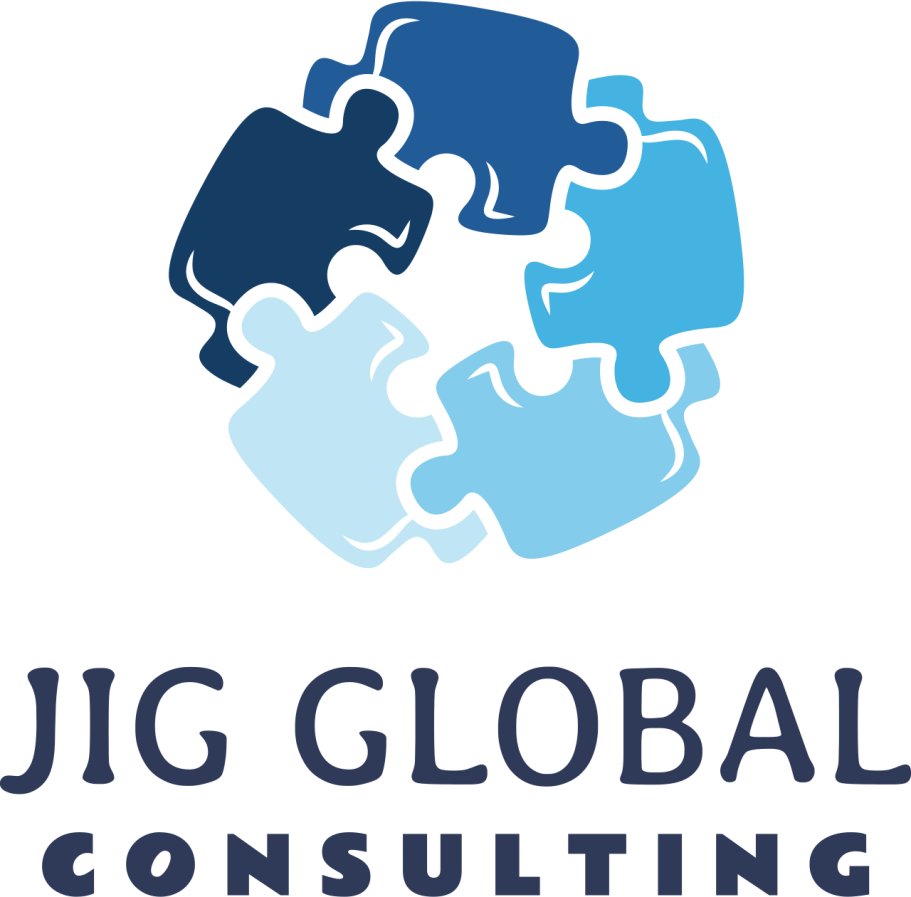ERP Implementations
The Key to Successful Delivery
A recent study has found that around 50% of ERP implementations exceed their planned budget, and approximately 60% take longer than expected to complete.
These statistics highlight the common challenges and risks associated with ERP implementations and underscore the importance of effective project management, careful planning, and proactive risk mitigation strategies to minimise cost overruns and delays.
Where Do Implementations Go Wrong?
The below are the common pitfalls when implementing an ERP system. But it doesnt need to be this way.....

Insufficient Project Planning
Rushing into implementation without a comprehensive plan can lead to scope creep, budget overruns, and missed deadlines. Take the time to thoroughly assess your needs, define objectives, and develop a detailed implementation roadmap.

Poor Data Management
Data is the lifeblood of any ERP system. Inadequate data cleansing, migration, and integration processes can result in inaccuracies, duplication, and inefficiencies. Invest time and resources in ensuring data quality and integrity.

Training & Change Management
Transitioning to a new ERP system requires buy-in and proficiency from end-users. Failing to provide sufficient training and support can lead to user resistance, low adoption rates, and decreased productivity.

Over Customisation
While it's important to tailor the ERP system to meet your business needs, excessive customization can lead to complexity, maintenance challenges, and increased costs. Strike a balance between customisation and standardisation to maximize ROI.

Scope Creep
As implementation progresses, it's common for project scope to expand beyond initial plans. Stay vigilant and disciplined in managing scope changes to prevent budget overruns and delays.

Communication
Effective communication is essential for keeping all stakeholders informed and engaged throughout the implementation process. Maintain open lines of communication, address concerns promptly, and provide regular updates on progress.

Business Process
Re-Engineering
Implementing an ERP system presents an opportunity to reevaluate and optimise your business processes. Failing to align the ERP system with streamlined processes can result in inefficiencies and missed opportunities for improvement.

Post Implementation Support
Satisfying customers is our top priority. That’s why we believe in offering fair and transparent prices with no hidden fees or extra charges.
The JIG Global Approach
A Bespoke Service for Each Client
Our services are tailored for each client, and can facilitate as much of the deliver as you need. Our simple framework helps to assess your needs and create the ERP Implementation Plan for your business.
Assessment and Planning
Conduct a thorough assessment of your current business processes, systems, and needs.
Define clear objectives and goals and agree the scope for the ERP implementation.
Assemble a dedicated project team with representatives from key departments.
Vendor Selection
Research and evaluate ERP vendors based on your business requirements and budget.
Request proposals and demos from shortlisted vendors.
Select the vendor that best aligns with your needs and objectives.
System Design and Configuration
Work closely with the selected vendor to design the system architecture and configuration.
Customise the ERP system to meet your specific business processes and workflows.
Develop a detailed plan for data migration and integration with existing systems.
Testing and Quality Assurance
Conduct rigorous testing of the ERP system to identify and address any bugs or issues.
Perform user acceptance testing (UAT) to ensure the system meets business requirements and expectations.
Implement feedback and make necessary adjustments to optimise system performance.
Training and Education
Provide comprehensive training for end-users and key stakeholders on how to use the new ERP system.
Conduct workshops and hands-on sessions to familiarize users with the system functionality.
Ensure ongoing support and resources are available for continued learning and education.
Go-Live Preparation
Develop a detailed go-live plan outlining roles, responsibilities, and timelines for the implementation.
Conduct mock go-live exercises to simulate the transition and identify potential challenges.
Prepare contingency plans and backup systems to mitigate any unexpected issues.
Go-Live and Transition
Execute the go-live plan according to the established timeline.
Monitor system performance and user feedback during the transition period.
Provide immediate support and troubleshooting for any issues that arise.
Post-Implementation Support:
Continue to provide support and assistance to users as they adjust to the new system.
Conduct post-implementation reviews to assess the success of the ERP implementation and identify areas for improvement.
Develop a plan for ongoing maintenance, updates, and enhancements to ensure the long-term success of the ERP system.
©Copyright. All rights reserved.
We need your consent to load the translations
We use a third-party service to translate the website content that may collect data about your activity. Please review the details in the privacy policy and accept the service to view the translations.
